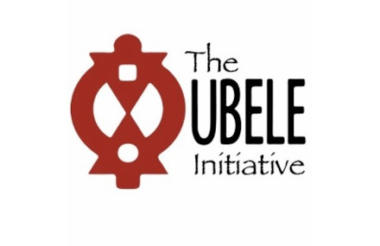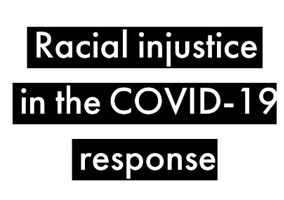A national infrastructure body supporting BAME voluntary organisations would offer “a strong voice” for the sector, a report suggests.
The Ubele Initiative has published a report, Impact of Covid-19 on the BAME community and voluntary sector: A follow up, in which some respondents called for this body.
The research included an online survey of 137 micro and small BAME led organisations and one-to-one structured interviews with a target sample of 21 groups.
This sample was drawn from the 137 identified organisations using a purposive sampling approach which looked at regional split and size of organisation.
This work arose “because it was clear from the early stages of the pandemic that the crisis was impacting disproportionately on ethnic minority groups in the UK”.
The aim was to ascertain what had changed since its survey in March and whether there were any new challenges or opportunities.
Call for a national infrastructure
It found that some respondents felt there was a need for a national infrastructure body to be a supporting voice.
Respondents feared they could “find themselves at the ‘back of the queue’ as they may not have the voice or influence to help shape discussion and action”.
More than half, 54%, of those who responded to this question believed that such a body does not exist and would be welcomed.
The report states “it is clear from the responses that there appears to be some confusion as to whether such a body currently exists” while 23% were not sure if such a body is needed.
One respondent said: “It would be better to have a regional BAME infrastructure body as a national body would not be able to represent everybody. The term BAME is very misleading. The things that affect the Black African and Caribbean communities are not the same as the Asian communities. Nor the same as the Minority Ethnic, therefore any infrastructure body that does not recognise this will fail.”
Four key themes emerged as to the benefit of having a national infrastructure supporting body.
These include having a strong voice for the sector, training and leadership development to build strategic influences and alliances, community engagement and dialogue, and campaigning and influencing.
Karl Murray, the author of the report, said: “More than anything, the report shows that against the challenges of Covid-19, micro and small organisations are delivering services that benefit beneficiaries, and more importantly, sustaining the organisation during this period.
“However, there are signs emerging from those voices who shared their experiences that they could benefit from catalyst organisations as well as from infrastructure supporting organisations. What became clear also was that doing nothing was not an option.”
Findings: Majority move online
Over half (55%) of respondents had adapted their services to be online.
Of those that indicated delivering services online, 82% were micro and small organisations.
The report also revealed that the BAME community and voluntary sector were embracing new digital opportunities and benefiting from Covid-19 emergency funding.
Yvonne Field, founder and managing director of The Ubele Initiative, said: “The report shows that how the sector is supported will be critical. A strong conclusion from the report points to an emerging priority around the recognition of the role and potential of catalyst organisations alongside the recognition of a wider Black, Asian and minority ethnic infrastructure body to support and help develop the sector specifically.”
Field noted it is therefore important, as the report states, that: “Black, Asian and minority ethnic led catalyst and infrastructure organisations take the lead in building and developing the sector by providing the needed spaces and platform upon which organisations can grow and thrive as services reshape to meet new approaches forced on us from the Covid-19 pandemic.”
Related articles
#CharitySoWhite: Now is the time to tackle racial injustice in your charity's response to Covid-19
#CharitySoWhite warns that if charities put racial justice work on the backseat during the coronavirus crisis they will make it harder for the sector to help people most affected by the pandemic.












